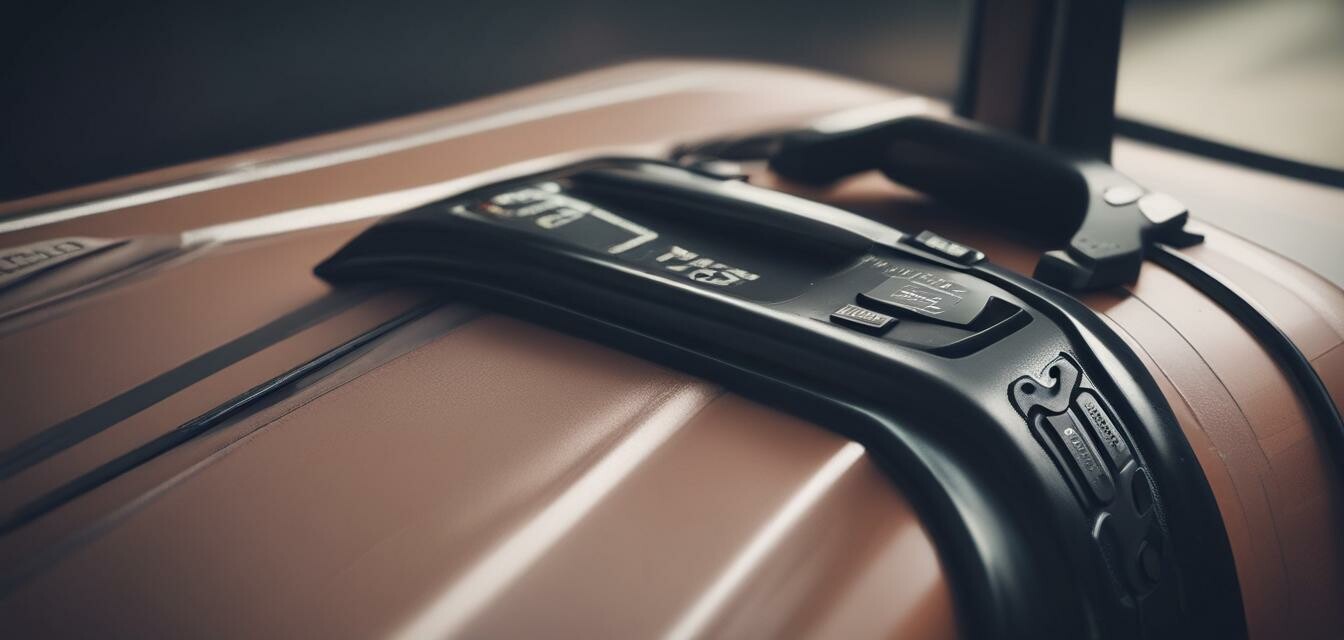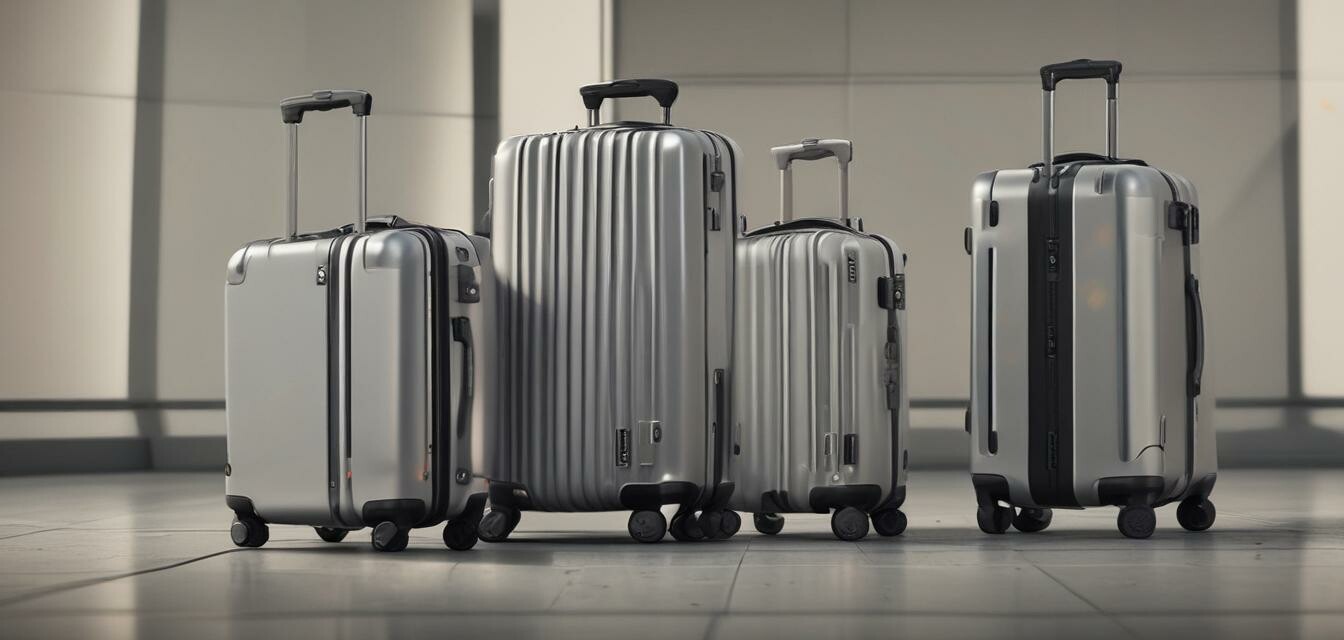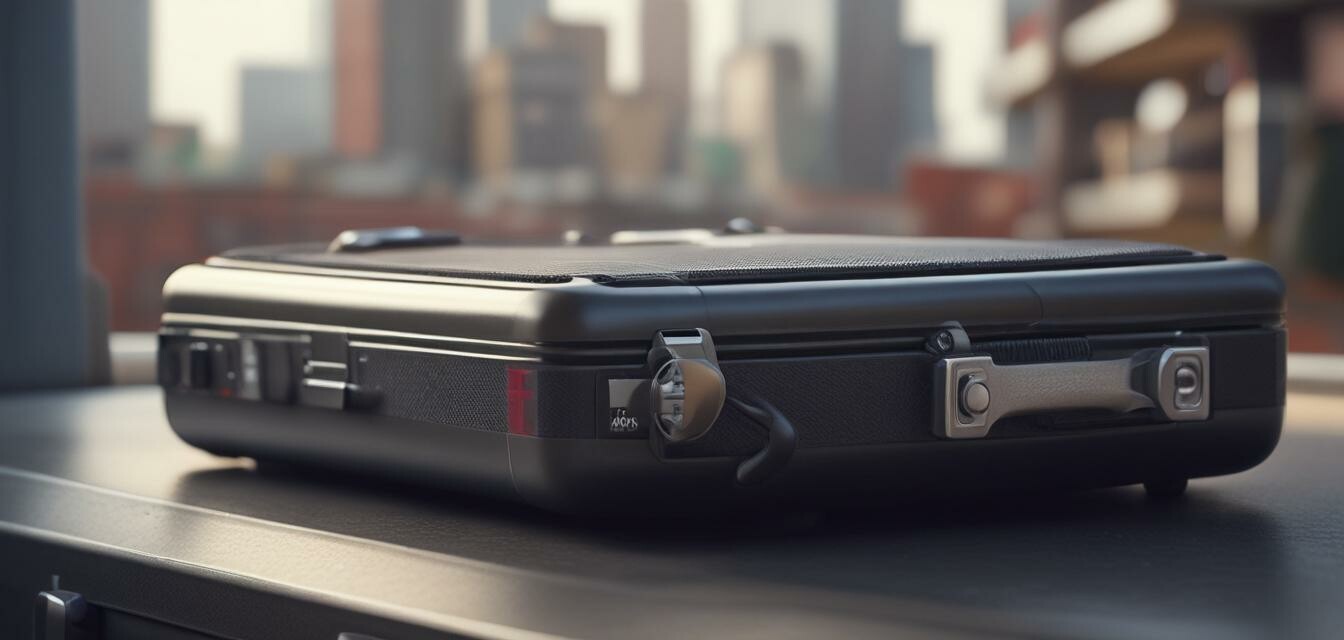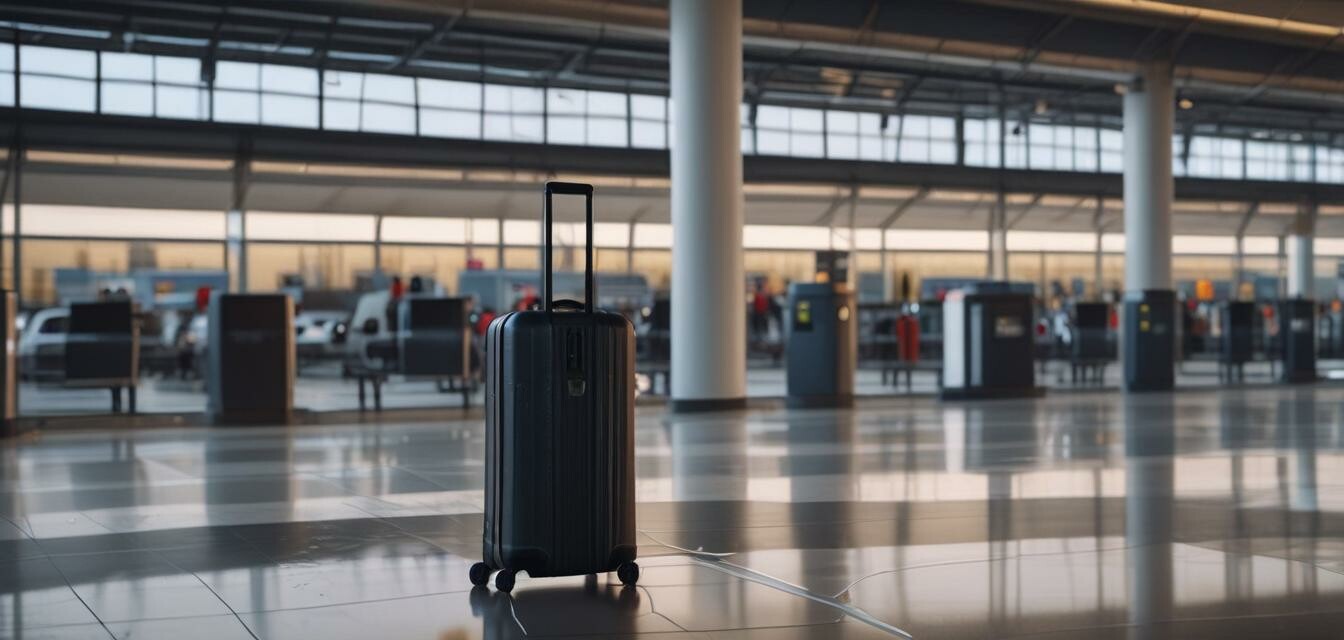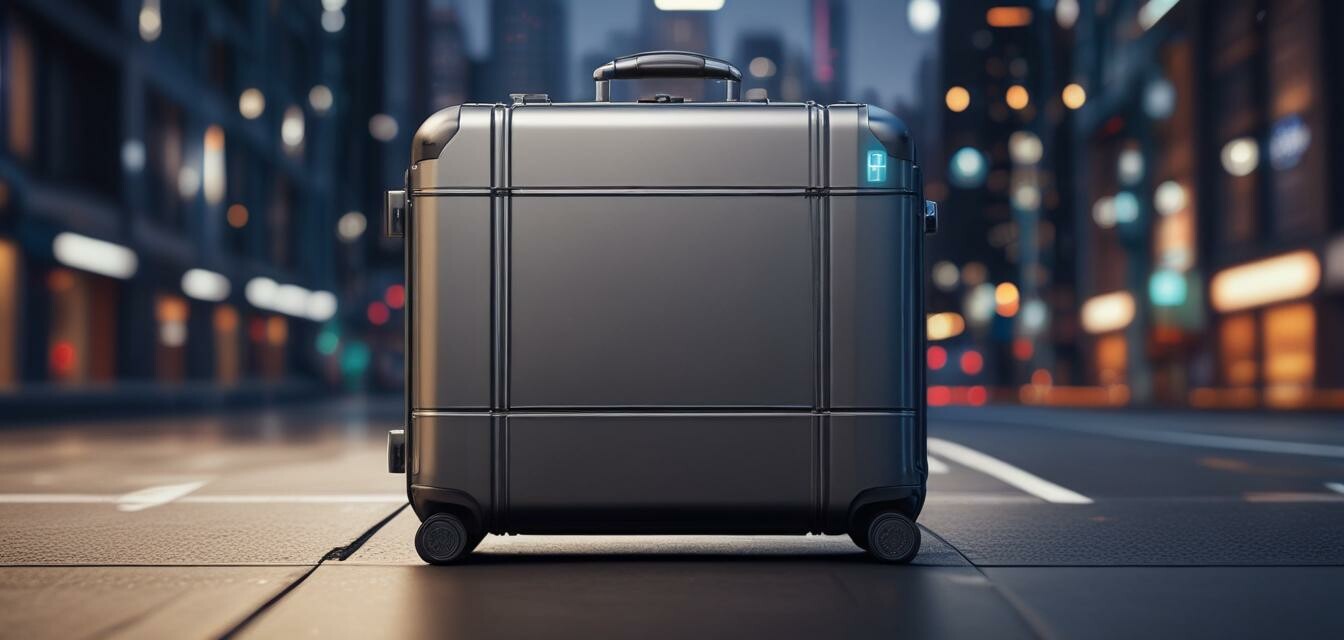
Understanding Smart Luggage
In recent years, smart luggage has revolutionized the travel experience for frequent flyers. By integrating GPS technology, these high-tech bags allow travelers to keep track of their belongings more easily and efficiently. This article provides a comprehensive overview of smart luggage, its benefits, features, and tips for choosing the right one for your needs.
Key Takeaways
- Smart luggage integrates GPS technology for tracking and security.
- Many bags come with added features like USB charging ports and anti-theft zippers.
- Choosing the right smart luggage depends on size, weight, and your travel habits.
- Understanding the regulations around smart luggage can save you hassle at the airport.
What is Smart Luggage?
Smart luggage refers to bags designed with advanced technologies, especially GPS, that help travelers locate their bags and protect them from loss or theft. These bags are gaining popularity among frequent travelers due to their convenience and peace of mind.
Features of Smart Luggage
Smart luggage offers numerous features to enhance user experience. Here are some of the most common features:
| Feature | Description |
|---|---|
| GPS Tracking | Lets you track the bag's location via a smartphone app. |
| USB Charging Ports | Allows you to charge your electronic devices on-the-go. |
| Locking Mechanisms | Ensures that your belongings are secure and protected from theft. |
| Weight Sensors | Indicates the weight of your luggage to help avoid excess baggage fees. |
| Automatic Locking | Automatically locks when the user moves away, ensuring extra security. |
Benefits of Using Smart Luggage
Choosing smart luggage comes with various advantages, particularly for frequent travelers. Here are just a few:
- Peace of Mind: GPS tracking reduces anxiety about losing your luggage.
- Convenience: USB ports and other features make traveling easier.
- Improved Security: Integrated locking systems deter theft.
Tips for Choosing Smart Luggage
Beginners Section
When selecting smart luggage, consider the following tips:
- Assess your travel habits to choose the right size and type of luggage.
- Look for brands that provide a reliable GPS tracking system.
- Verify if the luggage complies with airline regulations concerning batteries and electronics.
- Check user reviews for insights on durability and functionality.
- Consider additional features like waterproofing and warranty coverage.
Regulations and Restrictions Around Smart Luggage
While smart luggage offers significant benefits, it is crucial to understand the regulations regarding batteries and electronics that airlines have in place:
- Most airlines allow smart luggage that has non-removable batteries, provided that they meet airline standards.
- Some airlines may require that removable batteries be taken out before check-in.
- Ensure your smart luggage complies with TSA regulations to avoid issues during security checks.
Comparing Different Smart Luggage Options
When diving deeper into the market of smart luggage, it's helpful to compare different models. Here's a comparison of some features to consider:
| Brand/Model | GPS Tracking | USB Charging | Weight Sensor | Price Range |
|---|---|---|---|---|
| Brand A | Yes | Yes | No | $200 - $300 |
| Brand B | Yes | No | Yes | $150 - $250 |
| Brand C | No | Yes | Yes | $100 - $200 |
Conclusion
Smart luggage represents a significant advancement in travel technology, offering enhanced security, convenience, and peace of mind for travelers. By understanding the features, benefits, and regulations, you can make an informed decision on the right smart luggage for your travels.
Pros
- Easy tracking of your luggage
- Integrated features for added convenience
- Improved security measures
Cons
- Potential battery restrictions from airlines
- Higher price point compared to traditional luggage
- Dependence on technology that can fail
Additional Resources
For more information on specific types of luggage, visit our product category pages:

